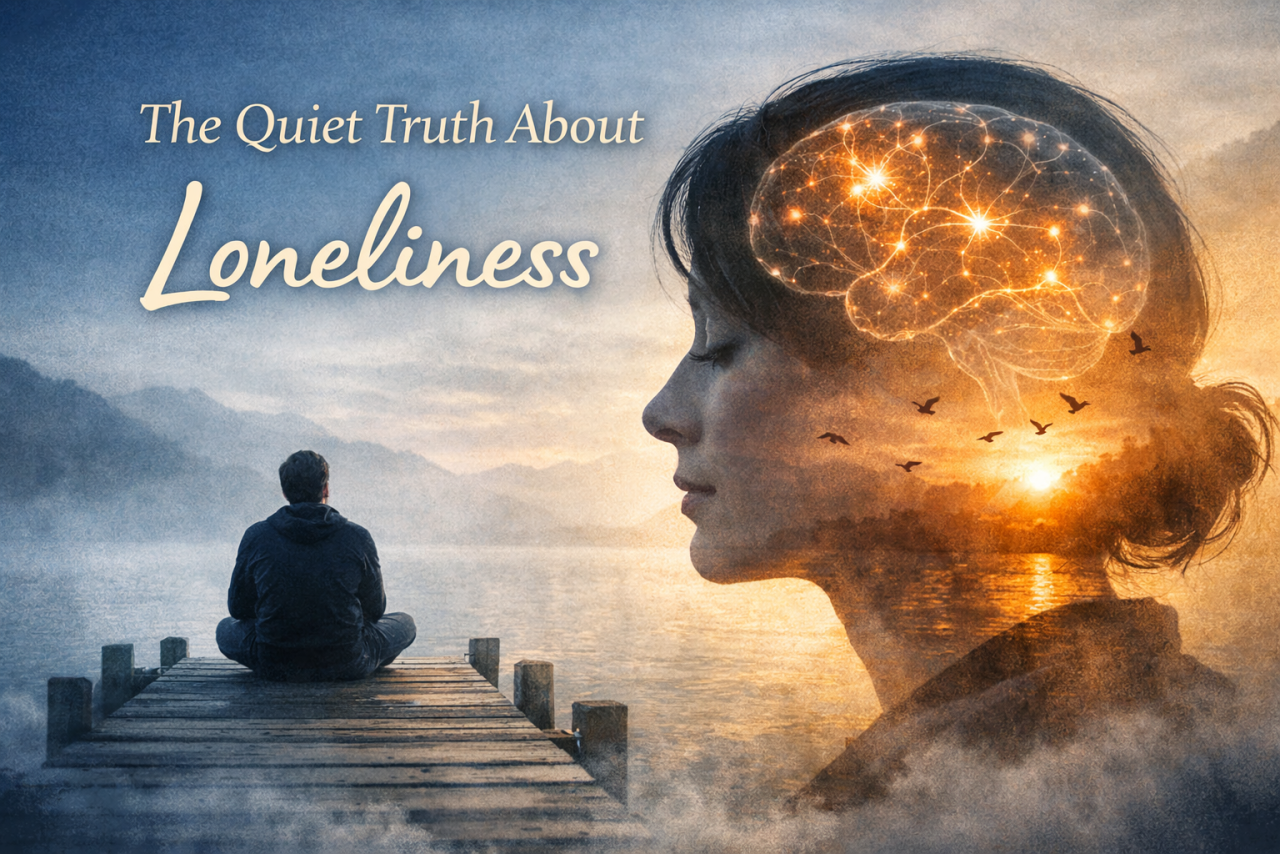
Introduction to Reading Plato’s The Republic
Plato’s Republic stands as one of the most profound and influential works in the history of philosophy, offering a timeless exploration of justice, morality, and the ideal society. Written as a dialogue, the text unfolds through the voice of Socrates, who engages in philosophical discourse with a diverse group of characters. Together, they grapple with some of the most fundamental questions that continue to shape human thought today. At the heart of the Republic lies the question: What is justice, and how can it be realized, both within the individual and in society?
Through these complex discussions, Plato builds a vision of a just society—one governed by reason and led by philosopher-kings, rulers who, by virtue of their wisdom, are best equipped to guide others. But the Republic is not just about politics; it delves deeply into the nature of the human soul, the role of education, the relationship between knowledge and reality, and the pursuit of the good life. Its allegories, most notably the Allegory of the Cave, challenge us to transcend the limitations of conventional thought and seek a deeper understanding of truth and enlightenment.
Although rooted in ancient Greek philosophy, the Republic speaks to timeless, universal concerns, offering profound insights into human flourishing, governance, and the moral dimensions of life.
Will Reading The Republic Help You Understand Society?
Absolutely. Reading the Republic can provide a profound understanding of the dynamics that shape society. Plato’s exploration of various forms of government—from democracy to tyranny—reveals how different political systems reflect varying aspects of human nature. His analysis invites readers to consider the delicate balance between the individual and the collective, the tension between personal desires and social obligations, and how power, knowledge, and governance intersect.
By engaging with Plato’s ideas, you’ll be better equipped to critically assess modern political structures, societal inequalities, and the role of education in shaping citizens. The Republic encourages readers to question the nature of justice and what makes a society truly fair. It fosters a deeper understanding of what constitutes a just and flourishing society—insights that are still highly relevant in today’s world. Whether in terms of personal growth or social responsibility, this book offers a framework for becoming a more thoughtful, engaged participant in the world around you.
Practical Significance of Plato's Republic in the Modern World
The relevance of Plato’s Republic reaches far beyond its ancient origins. Today, it provides powerful insights into justice, governance, and human nature that remain profoundly applicable to the challenges we face in the modern world. Plato’s critique of democracy—his concern that it could degenerate into mob rule or be manipulated by populist leaders—echoes contemporary fears surrounding political polarization, the rise of misinformation, and the erosion of civic discourse. Similarly, his vision of philosopher-kings, rulers who govern with wisdom and virtue, offers a timely reflection on the need for ethical leadership in an era where political decisions often seem driven by short-term interests rather than long-term wisdom.
Plato’s emphasis on education as the foundation of a just society also resonates today. In an age where the quality of education shapes both individual lives and societal structures, the Republic underscores the importance of cultivating wisdom, virtue, and critical thinking. It challenges us to think deeply about the kind of education needed to nurture informed citizens capable of navigating complex moral and political landscapes.
Moreover, Plato’s philosophical framework encourages ongoing self-examination, urging readers to reflect on their own desires, values, and roles within society. This is particularly relevant in today’s culture of self-improvement and mindfulness, where individuals are increasingly seeking to align their actions with their higher ideals.
Ultimately, reading the Republic offers more than just philosophical insight—it provides a practical guide for addressing the personal and collective challenges we face. Its timeless wisdom helps us engage with questions of justice, leadership, and the pursuit of the good life in a world that remains ever-complex.





















